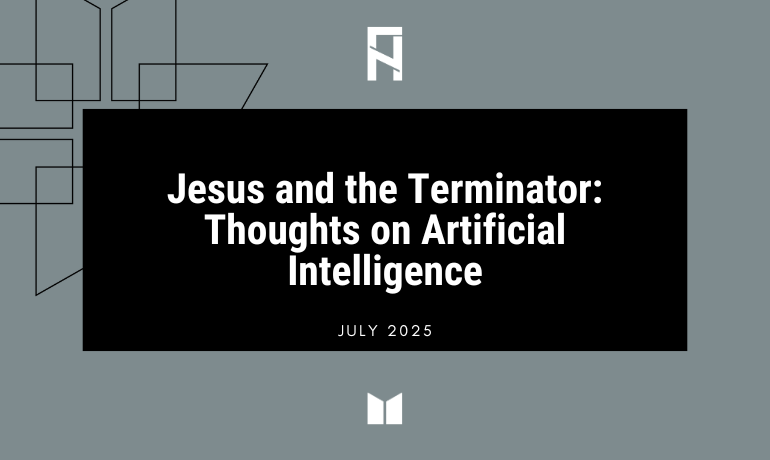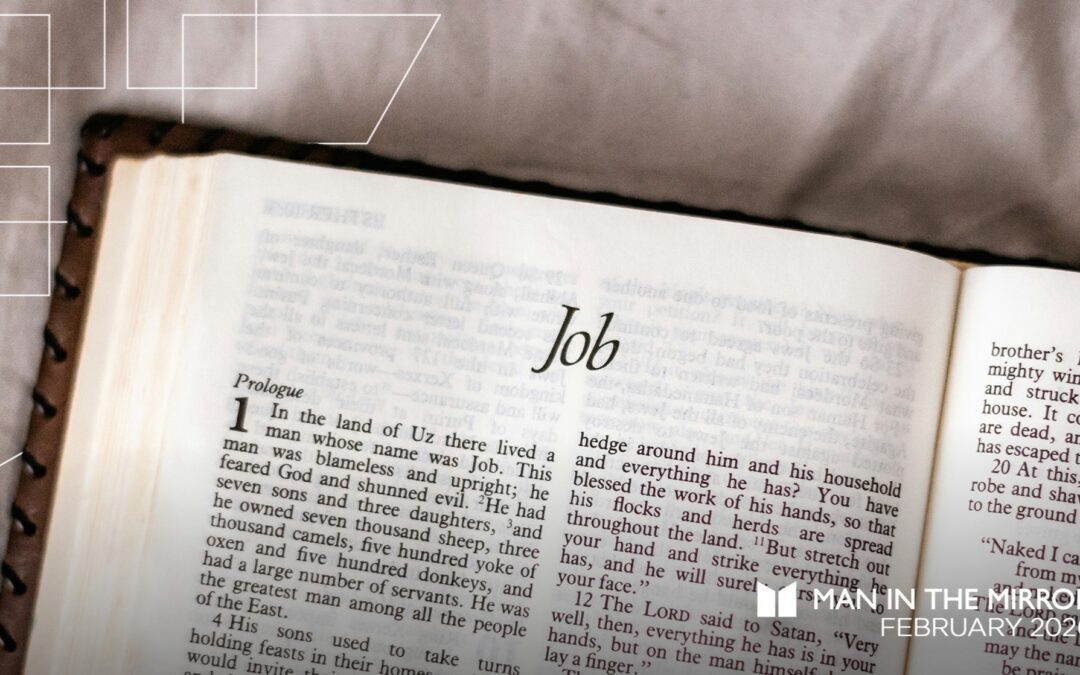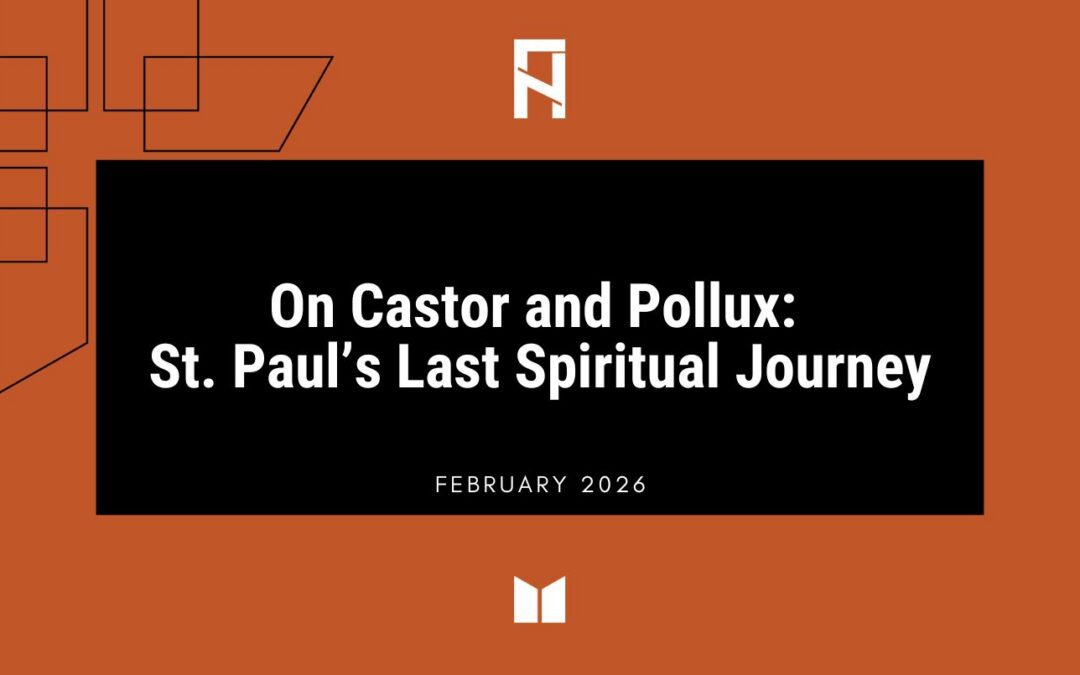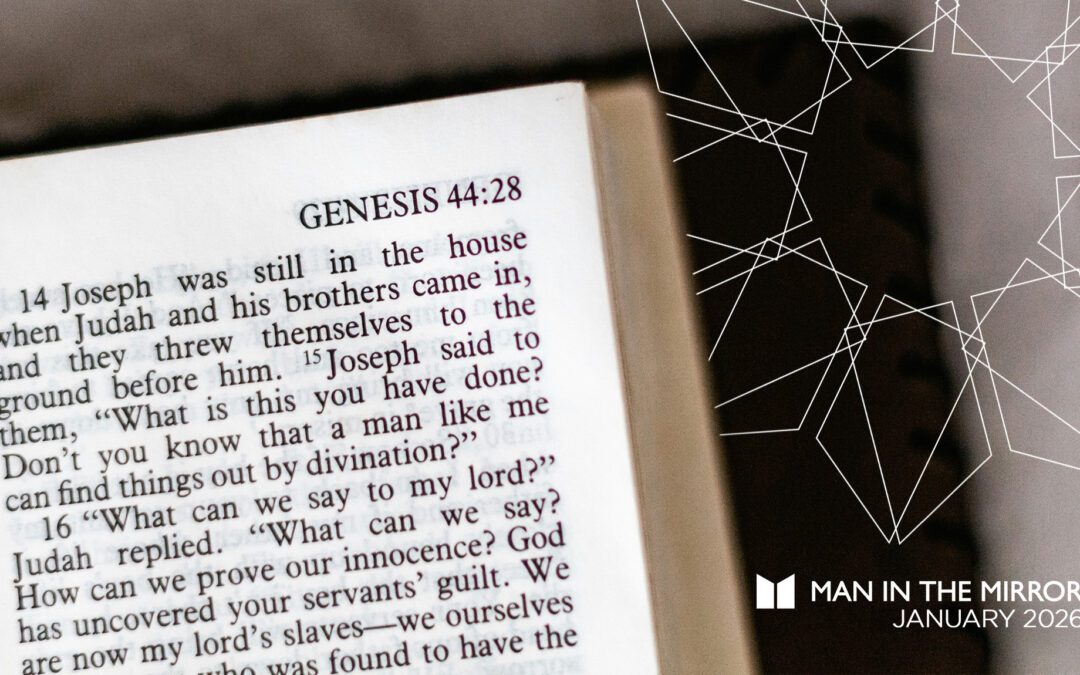To many Christians, especially those of advanced years, AI provokes unease. It feels like something out of a dystopian movie. It’s not just new; it’s disorienting. Some react with fascination, others with suspicion.
But beneath the novelty is an ancient question: how should we steward power that exceeds our understanding?
The cultural imagination paints AI in stark binaries: either it becomes our savior or our destroyer. Silicon Valley sells it as salvation. Hollywood, perhaps more honestly, sells it as a warning. In one frame, AI is Jesus; in another, the Terminator.
But perhaps we need a third vision—one not from fiction, but from faith. Not the naive optimism of tech evangelists, nor the panic of digital doomsayers. Scripture offers a rhythm for thinking about tools and power: a posture of sober stewardship, not fear. For all the complexity that AI introduces, the biblical imagination is not without analogues. What we need, as we face this emerging tool, is not new eyes but wise ones.
History: Tools in Human Hands
The first thing we must remember is this: AI is not a mind. It is math. Beneath the sleek interfaces and synthetic voices, it is still built on binary code—zeros and ones, not thoughts and feelings. It is, in the end, a tool.
And tools, from the plow to the printing press, always come with consequences.
Consider the invention of the printing press. It was, at first, a marvel of efficiency. But it also became a fulcrum for spiritual transformation. It allowed the Bible to be printed in languages common people could read. Printing presses have also printed Mein Kampf and other books of terrible purpose.
Every generation of the church has faced this question: how shall we use the tools the world gives us? Roman roads were designed to move armies; the apostles used them to spread the Gospel. The same internet that delivers sermons across oceans can also deliver pornography in private.
The question is not whether a tool is dangerous. The question is whether we are wise.
AI stands in this tradition. It is not a demonic force. Nor is it divine. It is a new hammer, a new chisel, a new mirror. If it disturbs us, it may be because it reflects something true about our time. Our craving for speed. Our desire to transcend limits. Our deep longing to be as gods, knowing good and evil.
This is why Christian reflection on technology must always begin with anthropology. What is man? What are we for? The tools we build reflect the users we are. If AI becomes destructive, it will not be because the machine rose up. It will be because it mirrored our own disorder back to us.
The Moral Mirror: Wisdom in the Age of Simulation
At the heart of the AI debate is not a technical question but a moral one. We are not simply asking what machines can do, but what they should do—and what they should never do. This is a question of wisdom, not computation.
The Bible speaks often of wisdom. It is more than information or intellect. In Proverbs, wisdom is described as the ability to live well in the world God made. It is applied theology. “The fear of the Lord is the beginning of wisdom” (Proverbs 9:10). Wisdom is not knowing all things, but knowing who to trust.
AI challenges this deeply. It offers an illusion of omniscience. We no longer need to remember; we can search. We no longer need to discern; we can ask the algorithm. But wisdom cannot be downloaded. It must be cultivated, often slowly, often through trial.
This is why fear is not the proper Christian response to AI. Nor is uncritical embrace. The proper response is discernment. What makes AI so spiritually tricky is that it tempts us to outsource not just our work, but our will. It nudges us toward passivity. We cease to choose; we react.
Institutions, Discipleship, and the Path Forward
Institutions are the nervous system of civilization. They channel, constrain, and direct human energy. They can also become brittle or blind. How will AI affect our schools, churches, and homes?
In education, AI promises customization. A student can learn math at their own pace, or read history tailored to their interest. In churches, pastors may use AI to write sermons or counsel congregants. In homes, AI may help us automate chores, monitor safety, track nutrition.
Of course, even some of these things are good things. But the danger lies in what we neglect. If we become spectators in their own churches or homes, if families speak more with screens than with each other, the efficiency will come at a terrible cost.
The biblical image of the good man is not the genius or the multitasker. It is the faithful man. The shepherd. The one who watches and tends. Jesus calls Himself the Good Shepherd. His authority comes not from scale or speed, but from His sacrificial love. “The good shepherd lays down his life for the sheep” (John 10:11). No algorithm can imitate that.
New Machines, Old Men
This is the kind of man our moment needs. Not the brilliant innovator, but the wise steward. Not the man who can master the machine, but the one who can say, “Here is where I stop.”
This will not be easy. The institutions that shape us are under strain. But perhaps this is our opportunity. Perhaps we can begin to ask, not what AI can do for us, but what it cannot do. And in that space, recommit to the kind of presence that no machine can replicate.
Fathers, pastors, teachers, craftsmen, leaders—you are still needed. Not for your data, but for your discernment. Not for your speed, but for your stability. You are needed not to beat the machine, but to be fully human.






